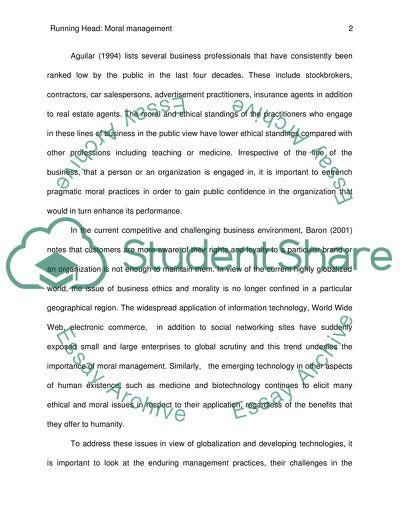Cite this document
(“Moral Management Research Paper Example | Topics and Well Written Essays - 2000 words”, n.d.)
Retrieved from https://studentshare.org/family-consumer-science/1424817-moral-management
Retrieved from https://studentshare.org/family-consumer-science/1424817-moral-management
(Moral Management Research Paper Example | Topics and Well Written Essays - 2000 Words)
https://studentshare.org/family-consumer-science/1424817-moral-management.
https://studentshare.org/family-consumer-science/1424817-moral-management.
“Moral Management Research Paper Example | Topics and Well Written Essays - 2000 Words”, n.d. https://studentshare.org/family-consumer-science/1424817-moral-management.


